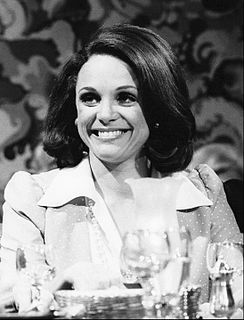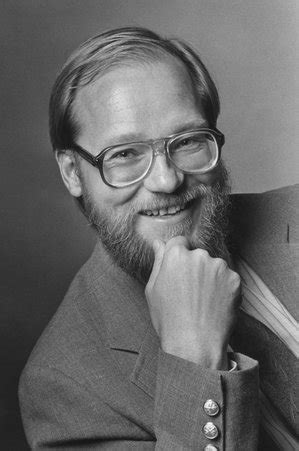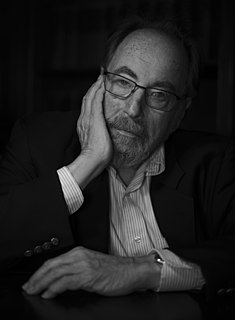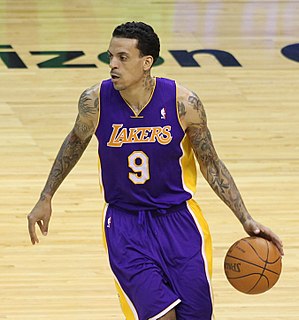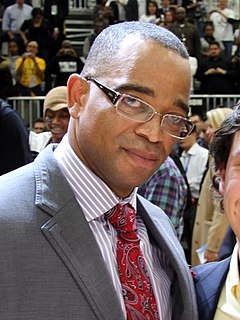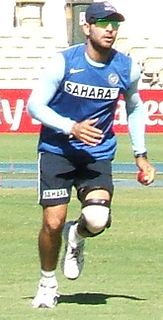A Quote by Valerie Harper
The disease I have is quite a rare cancer, and it is located in a limited area - a very widespread area, but narrow. So a lot can happen if the cancer starts getting really aggressive, pressing on parts of the brain and causing me to lose either my speech or my ability to think, etc.
Related Quotes
If you inhale a millionth of a gram of plutonium, the surrounding cells receive a very, very high dose. Most die within that area, because it's an alpha emitter. The cells on the periphery remain viable. They mutate, and the regulatory genes are damaged. Years later, that person develops cancer. Now, that's true for radioactive iodine, that goes to the thyroid; cesium-137, that goes to the brain and muscles; strontium-90 goes to bone, causing bone cancer and leukemia.
We say that one gets cancer, or a cold, or kidney disease. One would
never think to say that one is cancer. But we say that one is depressed,
or bipolar, or schizophrenic. A disease of the body is a condition. But
a disease of the mind, we think, is a state of being. We no longer
believe, as we did 250 years ago, that the mentally ill are animals,
but we are not yet ready to grant that they are fully human either.
When they told me I had cancer - a very rare form called appendiceal cancer - I was shocked. But I went straight into battle mode. Every morning, I'd wake up and have an internal conversation with cancer. 'All right, dude,' I'd tell it, 'go ahead and hit me. But I'm going to hit you back even harder.'
You've got to get away from the idea cancer is a disease to be cured. It's not a disease really. The cancer cell is your own body, your own cells, just misbehaving and going a bit wrong, and you don't have to cure cancer. You don't have to get rid of all those cells. Most people have cancer cells swirling around inside them all the time and mostly they don't do any harm, so what we want to do is prevent the cancer from gaining control. We just want to keep it in check for long enough that people die of something else.
